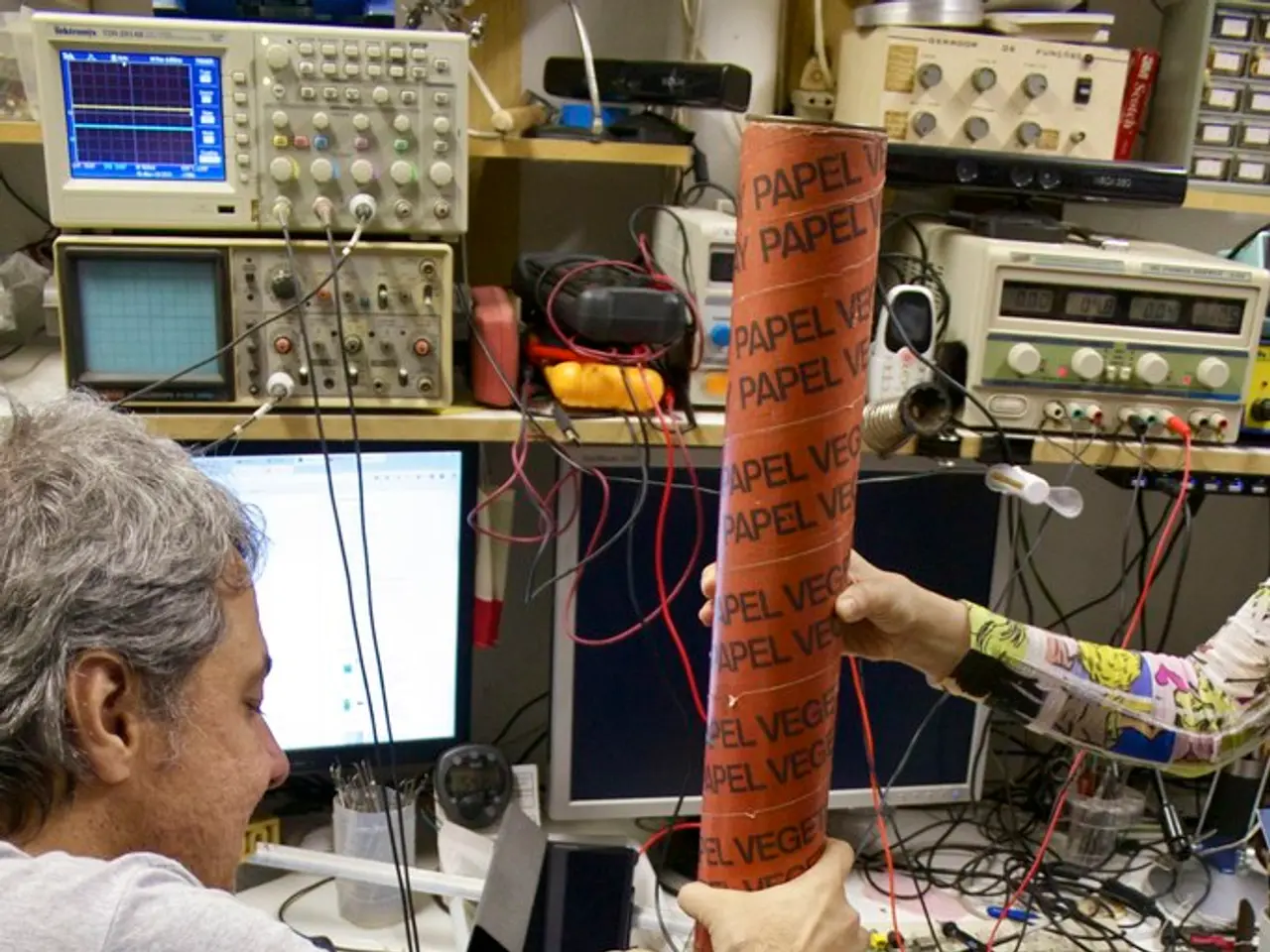Neuroscientist: Breaks Boost Brain Power, Reduce Dementia Risk
In the fast-paced, AI-driven work environment of today, society often equates success with hard work. However, neuroscientist Joseph Jebelli's research reveals that overworking can lead to health issues and accelerate brain aging. Instead, targeted breaks can boost creativity, focus, and problem-solving skills, while also benefiting mental health and reducing dementia risk.
Jebelli, a prominent neuroscientist, has been advocating for the importance of breaks in maintaining optimal brain function. His findings, published in various studies, highlight the benefits of activities such as walks, power naps, and daydreaming. These breaks allow the brain to rest and recharge, enhancing cognitive abilities and overall mental well-being.
Contrary to the common belief that success comes from constant hard work, Jebelli's research suggests that overworking can have detrimental effects. Prolonged stress and lack of rest can increase the risk of illnesses and expedite brain aging. Therefore, incorporating regular breaks into our work routines can significantly improve our productivity and long-term health.
Neuroscientist Joseph Jebelli's findings underscore the crucial role of breaks in maintaining a healthy, productive mind. By embracing activities like walks, power naps, and daydreaming, we can boost our creativity, focus, and problem-solving skills, improve our mental health, and lower the risk of dementia. It is high time we re-evaluate our perception of success and prioritize rest alongside hard work.





